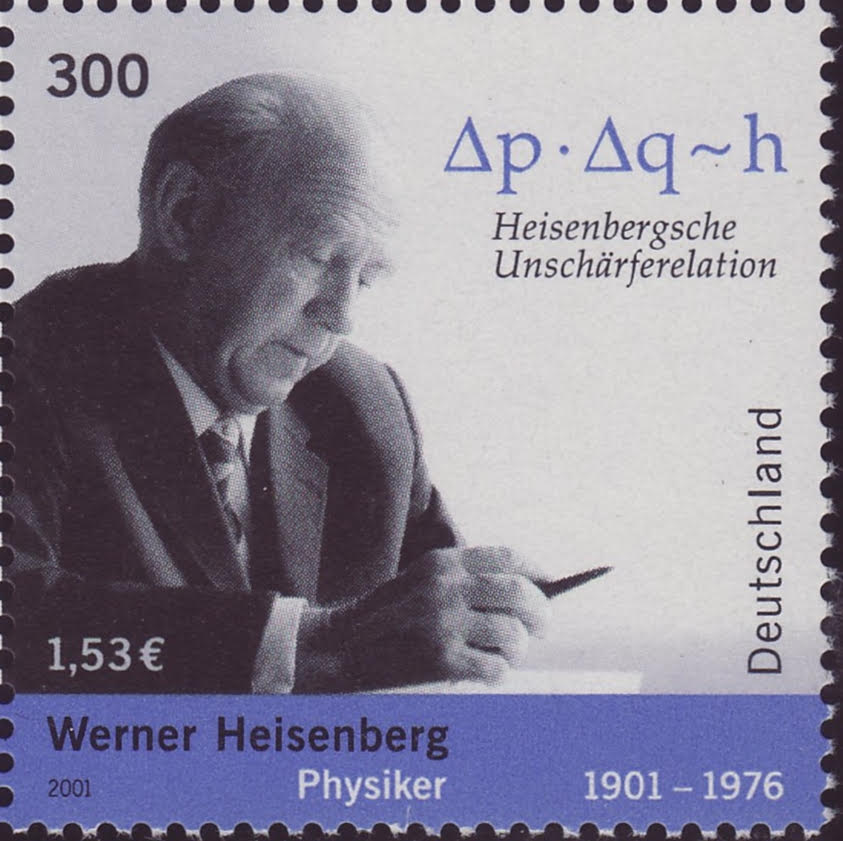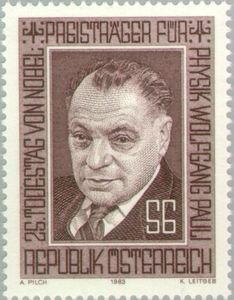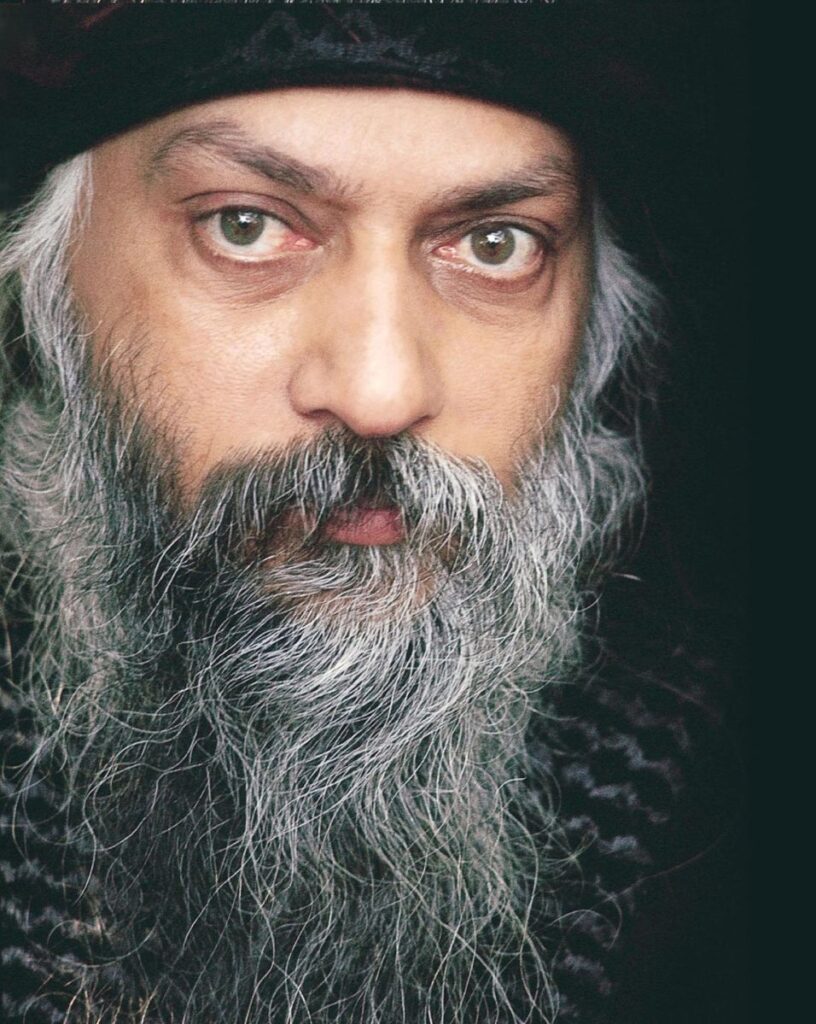I have heard a true story, as told by Freeman Dyson…

A few months ago, Werner Heisenberg and Wolfgang Pauli believed that they had made an essential step forward in the direction of a theory of elementary particles.
Both the names are world-famous: Heisenberg and Pauli — two of the greatest scientists of any time, and they were thinking that they had come across the basic theory to explain the structure of the elements.

Pauli happened to be passing through New York, and he was prevailed upon to give a lecture explaining the new ideas to an audience which included Niels Bohr — another famous name, another great name in science.
Pauli spoke for an hour, and then there was a general discussion during which he was criticised rather sharply by the younger generation of scientists. Finally, Niels Bohr was called on to make a speech summing up the argument.
“We are all agreed,” Bohr said, “that your theory is crazy, Pauli. The question which divides us is whether it is crazy enough to have a chance of being correct. My own feeling is that it is not crazy enough.”
Osho – Divine Melody
Werner Karl Heisenberg (1901-1976) was a German theoretical physicist and one of the key pioneers of quantum mechanics. He is known for the Uncertainty Principle, which he published in 1927. Heisenberg was awarded the 1932 Nobel Prize in Physics for the creation of quantum mechanics.
Heisenberg’s Uncertainty Principle imposes a restriction on the accuracy of simultaneous measurement of position and momentum. The more precise the measurement of the position of an object is, the less accurate will be the measurement of its momentum, and vice-versa.
Wolfgang Ernst Pauli (1900-1958) was an Austrian theoretical physicist and one of the pioneers of quantum physics. In 1945, after having been nominated by Albert Einstein, Pauli received the Nobel Prize in Physics for his discovery of a new law of nature, the Exclusion Principle or Pauli Principle.” The discovery became the basis of a new theory on the structure of matter.
Niels Henrik David Bohr (1885-1962) was a Danish physicist who made foundational contributions to understanding atomic structure and quantum theory, for which he received the Nobel Prize in Physics in 1922. Bohr was also a philosopher and a promoter of scientific research.
Freeman John Dyson (1923-2020) was an English-American theoretical and mathematical physicist, mathematician, and statistician known for his works in quantum field theory, astrophysics, random matrices, mathematical formulation of quantum mechanics, condensed matter physics, nuclear physics, and engineering.
Pic of Werner Heisenberg postage stamp courtesy: Wikimedia Commons
Pic of Wolfgang Pauli postage stamp courtesy: colnect.com

Acharya Rajneesh (1931-1990), known later as Osho, was an Indian godman, philosopher, mystic and founder of the Rajneesh movement. He was viewed as a controversial religious leader during his life. He rejected institutional religions, insisting that spiritual experience could not be organised into any one system of religious dogma. He advocated meditation and taught a unique form called dynamic meditation. Rejecting traditional ascetic practices, he asked his followers to live fully in the world but without attachment to it. Pic courtesy: https://www.sannyas.wiki/
